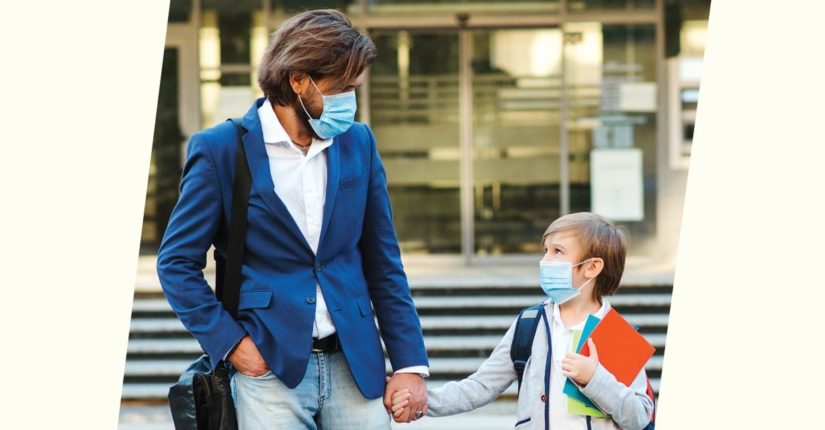

LAST SEPTEMBER schools returned in unprecedented circumstances. The global pandemic has undoubtedly disrupted education services right across the country and, in many cases, made many sudden and drastic changes to children and young people’s learning. Many pupils will have been out of full-time school since March and, even for those who have attended over the summer, the start to the academic year will look very different to previous years. Schools are expected to open to all pupils from September and to ensure that this is done as safely as possible, it is extremely likely that new routines and expectations will be introduced, and changes will be made to the physical environment.
Ensuring that all pupils with additional needs and vulnerabilities have a positive and successful return to school is a key priority for school leaders and teachers. Children who have been adopted or are going through the care system may face additional, hidden challenges adjusting to changes and uncertainty during the pandemic. In July, the Whole School SEND Consortium hosted a roundtable to discuss securing a successful transition for looked after children returning to school in September. A free video recording and supporting resource pack is available on the SEND gateway.
This discussion featured a range of parents, educators, and experts, and included a recorded interview with Lewis*, a young person, who shared his experience of COVID-19.
Throughout the discussion several key themes emerged that educators need to be mindful of and look out for in looked after children:
 To support parents and carers to have constructive discussions with educators after a period of absence, whether related to COVID-19 or other circumstances, the Whole School SEND Consortium has also co[1]produced a leaflet with carers, young people and families to provide a framework for discussion around the transition back into school. You can find this under the ‘Resource’ page on the SEND Gateway website: www. sendgateway.org.uk
To support parents and carers to have constructive discussions with educators after a period of absence, whether related to COVID-19 or other circumstances, the Whole School SEND Consortium has also co[1]produced a leaflet with carers, young people and families to provide a framework for discussion around the transition back into school. You can find this under the ‘Resource’ page on the SEND Gateway website: www. sendgateway.org.uk
What we heard from the roundtable was that, for looked after pupils and those who had been adopted, there are increased risks around securing a successful return, which compound existing known risks. However, by proactively engaging with young people and their carers as equal partners, teachers can mitigate against these and support all pupils to return successfully. *name changed*